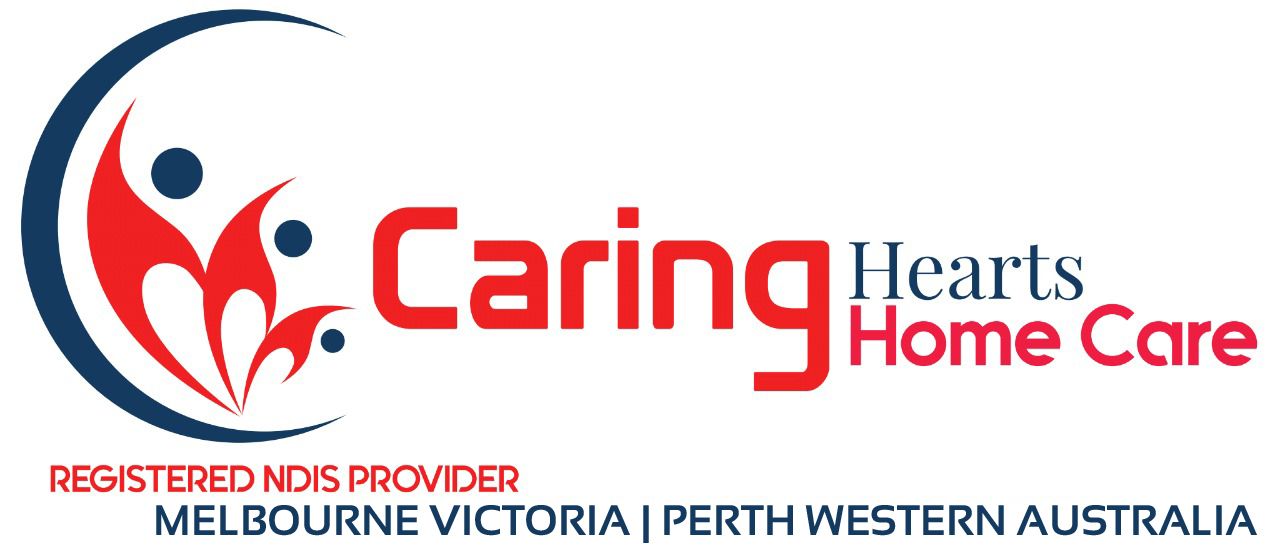What is the difference between ILO and SIL?
Individual Living Options (ILO) is a self-management service that allows participants to design and manage their own support plans. Assisted independent living (SIL) provides support for people who need more complex support, including physical, behavioural, and treatment support. Both services offer an individualized plan tailored to the person's needs, with outcomes focused on inclusion.
Know more about NDIS Supported Independent Living (SIL)?
Supported Independent Living (SIL) is a service that helps NDIS participants develop the skills and confidence to live in their own home or the home of their choice. This may include helping with household chores, financial management, and personal care.
Who qualifies as an NDIS participant?
Anyone in Australia under the age of 65 who has been diagnosed with a permanent and severe disability that affects their ability to participate in daily activities and whose name appears on the Disability Plan register National Disability may be eligible for the NDIS. It is best to speak with an NDIS representative for advice specifically tailored to your individual needs.
What is Respite Care?
Respite care is a type of short-term care that provides relief, support and assistance to the primary caregiver. It is usually available for a certain period of time, such as a few hours or up to a few days. This can be arranged through the NDIS so that carers have the opportunity to take time off to focus on their own health, well-being and interests.
What is SIL eligibility?
SIL (Independent Life Support) eligibility determines if a participant is eligible for SIL assistance. A person who needs 24/7 support is eligible for SIL funding provided by the NDIS. It includes both participants and their carers and provides additional support to help them achieve goals such as employment, education, community participation, living conditions, and more.
What can SIL funding are used for?
SIL funding is a type of funding offered by the NDIS to clients with complex and high support needs. It can be used for things like respite care, communication devices, home modifications, medical services and medical support, specialist or treatment support, and more, that participants need 24/7 for 7 days.
What is the distinction between Supported and Independent Living?
Assisted living is when you can get extra help and support with everyday activities, such as managing your finances or accessing lifestyle supports. In contrast, independent living is when you choose to do these things on your own with minimal help from the NDIS. With the NDIS, we are here to provide additional support and resources that make it easier for our clients to maintain independence and confidence.
What are daily activities in the NDIS?
The NDIS funds a range of tailored supports and services to help you achieve your goals. Daily activities may include, but are not limited to: transportation, therapy, family and community outreach, recreation and social activities, attached care, and respite support.
